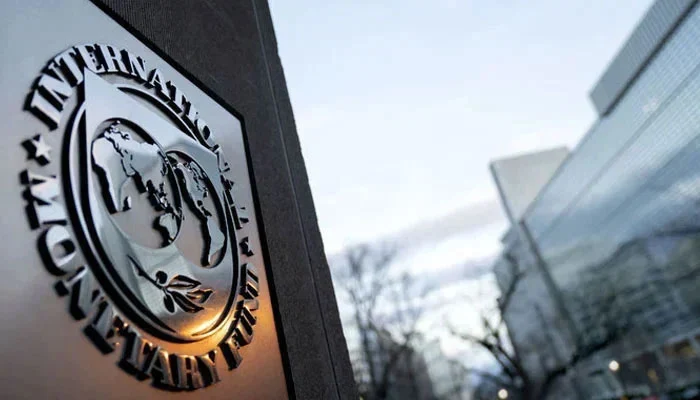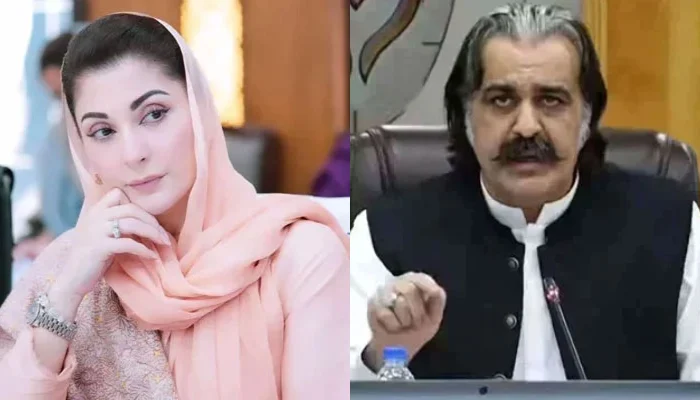The International Monetary Fund (IMF) Executive Board has approved a $7 billion Extended Fund Facility (EFF) for Pakistan, marking a significant step in stabilizing the country’s economy. The first tranche, amounting to $1.1 billion, is expected to be disbursed by September 30, 2024, according to sources from the Ministry of Finance. The loan comes with an interest rate of under 5%, and a second installment is anticipated during the current fiscal year.
State Bank of Pakistan (SBP) Governor Jameel Ahmed confirmed that the country has met all the conditions set by the IMF. The agreement for the 37-month loan program was reached in July 2024, with Prime Minister Shehbaz Sharif expressing hope that this will be Pakistan’s last bailout.
The approval followed confirmation of $12 billion in bilateral loans from Saudi Arabia, China, and the UAE. These countries have played a key role in Pakistan’s economic recovery, with Saudi Arabia providing $5 billion in cash deposits, China contributing $4 billion, and the UAE $3 billion. Pakistan was required to secure $2 billion in external financing to meet the IMF’s conditions, which was later supplemented by a Saudi oil facility and additional funding from other international financial institutions.
PM Shehbaz Thanks Allies, Reaffirms Commitment to Economic Reforms
Prime Minister Shehbaz Sharif has expressed his gratitude to friendly nations, particularly Saudi Arabia, China, and the UAE, for their financial support. Speaking from New York, he also acknowledged the IMF’s Managing Director Kristalina Georgieva and her team for their cooperation. He reaffirmed that Pakistan is aggressively implementing economic reforms, which are critical for long-term stability.
Shehbaz emphasized that the government has accepted tough IMF conditions, some of which involve cooperation with China. He praised Beijing’s continued support, noting that collective efforts between the government and key institutions have helped Pakistan overcome its economic challenges. The premier stressed that the country will continue working toward economic development following this stabilization period.
Asian Development Bank Predicts Modest Growth for Pakistan
The Asian Development Bank (ADB) has maintained its forecast for Pakistan’s GDP growth at 2.8% for the fiscal year 2025, with inflation projected at 15%. The ADB’s latest report attributes growth prospects to the successful implementation of economic reforms agreed upon with the IMF. However, it warned that Pakistan remains vulnerable to external financing shortfalls, geopolitical risks, and natural disasters.
Pakistan’s inflation rate dropped to 23.4% in FY2024, largely due to better agricultural output, and is expected to moderate further in FY2025. Meanwhile, the current account deficit is projected to rise to 1% of GDP as imports increase with the recovery of domestic activity. However, increased remittances and external financing should help improve the country’s foreign reserves, providing 2.1 months of import cover by the end of FY2025.
Challenges Ahead: Public Debt and Reform Implementation
Pakistan’s public debt remains a pressing issue, with interest payments comprising 57% of federal expenditures in FY2025. The IMF’s EFF program targets a primary surplus of 1% of GDP to bring down the country’s debt levels over time. The government plans to implement new tax measures amounting to 3% of GDP over the EFF period, with 1.5% of that already being introduced in the FY2025 budget.
Private investment is expected to rebound, especially in the manufacturing and services sectors, but high personal income taxes and reduced public spending may limit consumption. The report also highlighted the critical role of structural reforms in ensuring long-term economic recovery, emphasizing the need for fiscal discipline, energy sector efficiency, and improved business conditions.
Pakistan’s economic future, while cautiously optimistic, will depend heavily on the sustained implementation of these reforms amid significant internal and external challenges.
To Keep Updated Visit & Follow our Facebook Page Or Our Website




